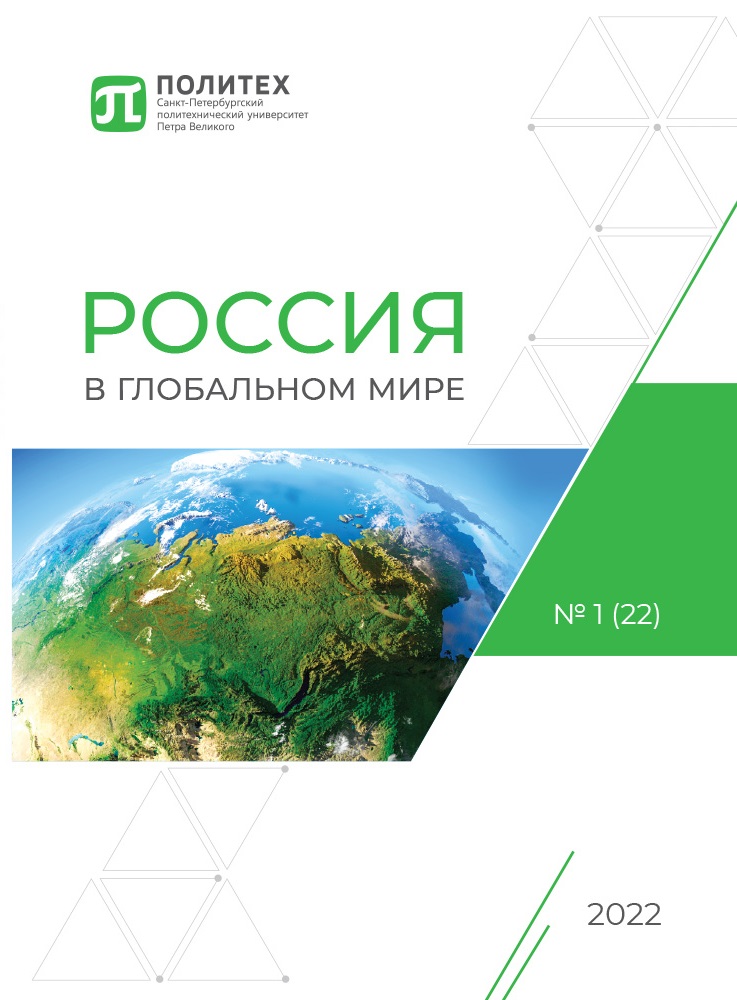Indo-Pacific Asia in the Foreign Policy of Japan in the XXI Century
This paper examines the role of the Indo-Pacific region in contemporary foreign policy of Japan and analyses the process of development and changes in foreign policy doctrine ща Japan in the Indo-Pacific. The relevance of this topic is conditioned both by the Russian Federation's interest in developing relations with Asian and Indo-Pacific countries and international political processes occurring in the region and influencing both within and outside the region. The research is based on the systemic approach, the concepts of neofunctionalism and structural interdependence, and partially uses the ‘foresight’ methodology to correctly anticipate potential changes in the object under study. The research novelty lies in the introduction of new research materials on topics related to Japan's foreign policy, as well as in the identification of vectors for further development of Japan's strategy in the Indo-Pacific. The study reveals that the Free and Open Indo-Pacific (FOIP) concept is a key vector of Japan's foreign policy aimed at strengthening and expanding its influence in the region. It represents a multilateral foreign policy approach that includes developing cooperation with various countries and regional organizations, strengthening trade ties and cultural exchange, and promoting common values and standards. Aimed at creating a zone of security, stability and economic prosperity in the region, the Free and Open Indo-Pacific concept reflects Japan's long-term strategy to maintain a favorable regional world order. The research indicates that FOIP based on the use of available foreign policy instruments such as bilateral and multilateral agreements, forums and dialogue formats, and minilateral agreements with a small number of regional actors to find mutually beneficial solutions to contemporary challenges, including cases when partner states' interests have significant divergence.


